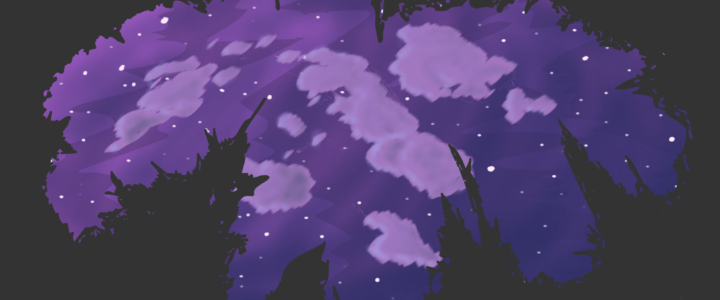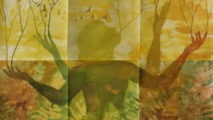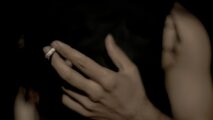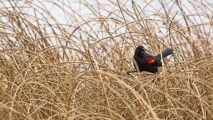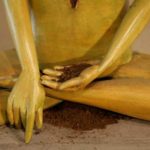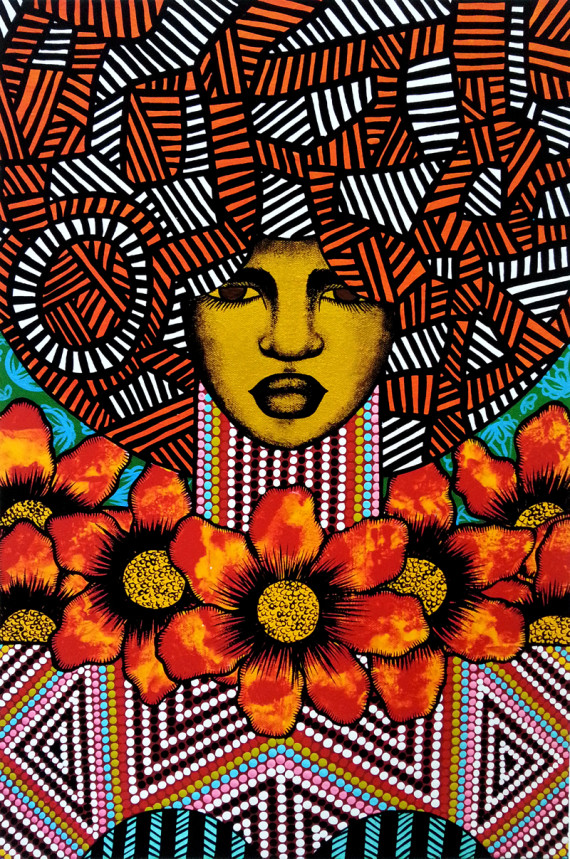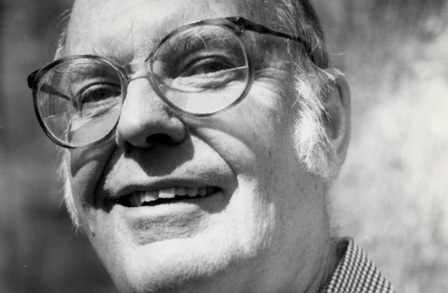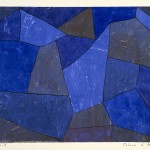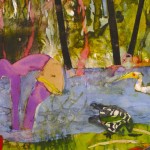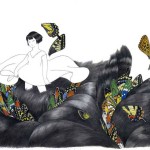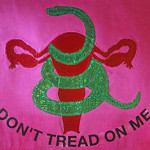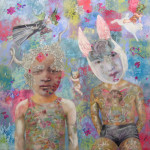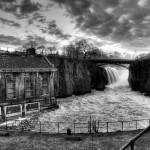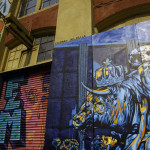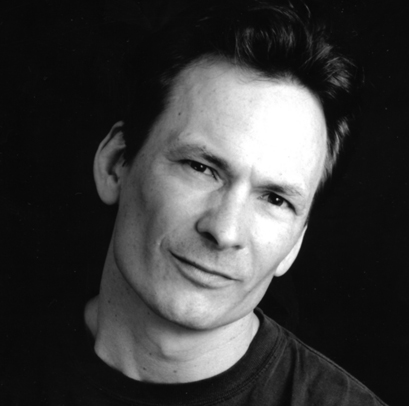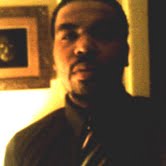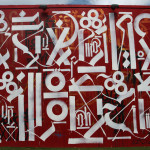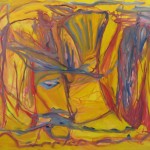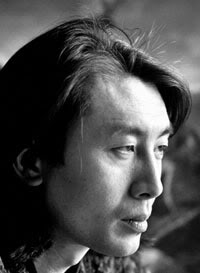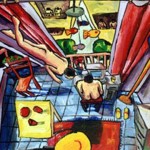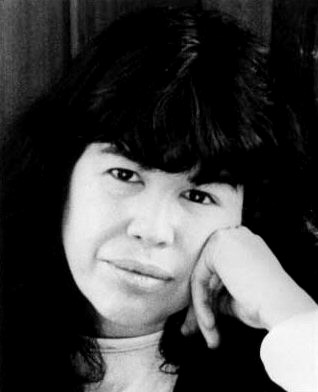SOOT OF A YOUNG STAR
But if a man would be alone, let him look at the stars.
The rays that come from those heavenly worlds,
will separate between him and what he touches. –Emerson, from Nature
So unlike you and me, once trapped,
two supermassive stars
in binary attraction
will slide through easy space,
meet in the middle, violent
and silent as candle flames, and wed:
a new creature, collision rite,
pulsing, flashing whole.
We’re not trapped. We’re spread,
spread-eagle on pine needles
under black-green whispers
and eyelids thin as flames.
I cannot conceive
in the dark, the space
between our mouths, which is vast
or negligible, like our ages,
vast or negligible. The average star
is forty-one fifty light-years
from the next, and our sparky Sun
should live to thirteen billion.
Billion. You’re not so old,
nor I, comparably, so young.
I imagine the debris of my chattering
teeth should have reached you by now.
Feet become miles,
hands become roots,
and under each smile
we’re bare-boned and soot.
Soot, as pastors have said,
thick-thumbed and sober, into my head:
Soot of a palm frond,
soot of a young star;
of soot you were first formed
and sooty you still are.
On my head, scratched and spread
by a roving grubby fingernail.
Now that spot’s a piney itch
and I just think we’re more than carbon—
but the wind hits,
less than solar but more than us,
and we’re quiet as the thinnest needles
fill our minds with a million slender sighs.
What’s in a dream but our least-tested wishes,
and what’s in a wish but a let-down? The stars
were holes in my memory
of a moment that never could happen.
But this morning, let me recall
that feeling your breath
when you leaned over me,
stale and lovely, I could fall
up through your darkest matter,
your teacher’s smile,
the needles of your irises
the whispered net that held me
from so many years of colored light.
RETTING
After the gathering,
the pluck from dirt,
rip of root from root—
before the breaking down,
the scutch-scutch of knife
against fibers hung
and before the heckle comes
to comb proverbial wheat
from chaff—
we must rot
from the inside:
free the best fibers.
make ready the linen.
LITTLE DEATHS
I saw my backyard strewn
with soft gray fur
this morning
that stuck in tufts
on the crunchy top snow
and wisped,
and it was strewn
with the clawprints
of many crows’ feet
spiraling inward
around this: ripped flaps
of exposed inner skin,
bones dislocated
or snapped, no flesh
or very little, headache purples
and sweet reds in the thin
frozen membrane that held
to the slender curve
of a spinal column that ended
in midair over the snow
decapitated, no ears,
the single foot kicked back
and unmutilated, revealing
the identity of the rabbit.
I leave for two days
and this is what happens.
Crows eye us from their branches.
I had enjoyed her company
since the tired autumn
when she’d chew grass and weeds
by the garage in the mornings
when the crows made their noise
and in the evening owl hours.
She was not my grandmother,
had no tubes to breathe or chemo
to prop her. She died in this white open.
I appreciated her living here,
despite my never knowing
her preferences, where she came from
and whether she feared me, and, till now,
the unimaginable softness,
this feeling of absence
of my fingers through her fur.
 John Linstrom’s poems have recently appeared or are forthcoming in Commonweal Magazine, Valparaiso Poetry Review, Dunes Review, and Broad River Review. In 2015, Counterpoint Press published his centennial edition of Liberty Hyde Bailey’s ecological manifesto, The Holy Earth, with a new foreword by Wendell Berry. He is currently a doctoral candidate in English and American Literature at New York University, and holds an MFA in Creative Writing and Environment from Iowa State University.
John Linstrom’s poems have recently appeared or are forthcoming in Commonweal Magazine, Valparaiso Poetry Review, Dunes Review, and Broad River Review. In 2015, Counterpoint Press published his centennial edition of Liberty Hyde Bailey’s ecological manifesto, The Holy Earth, with a new foreword by Wendell Berry. He is currently a doctoral candidate in English and American Literature at New York University, and holds an MFA in Creative Writing and Environment from Iowa State University.
Related Posts
« HEARTWOOD – Lugensky Durosier DAISY CUTTER – Camille Dungy »
